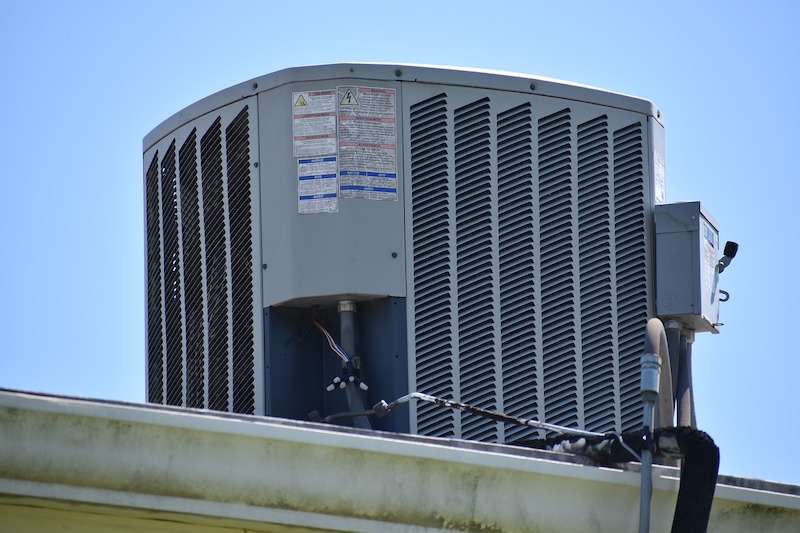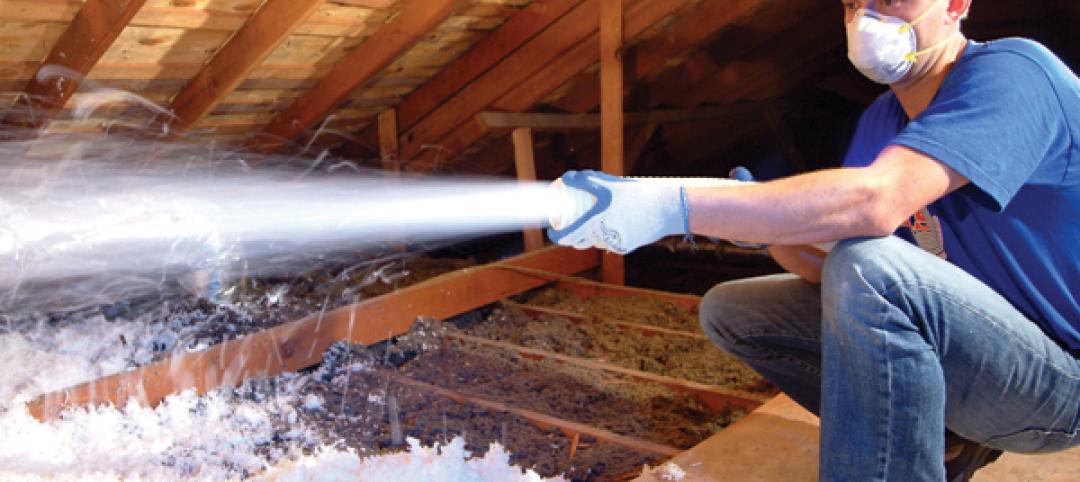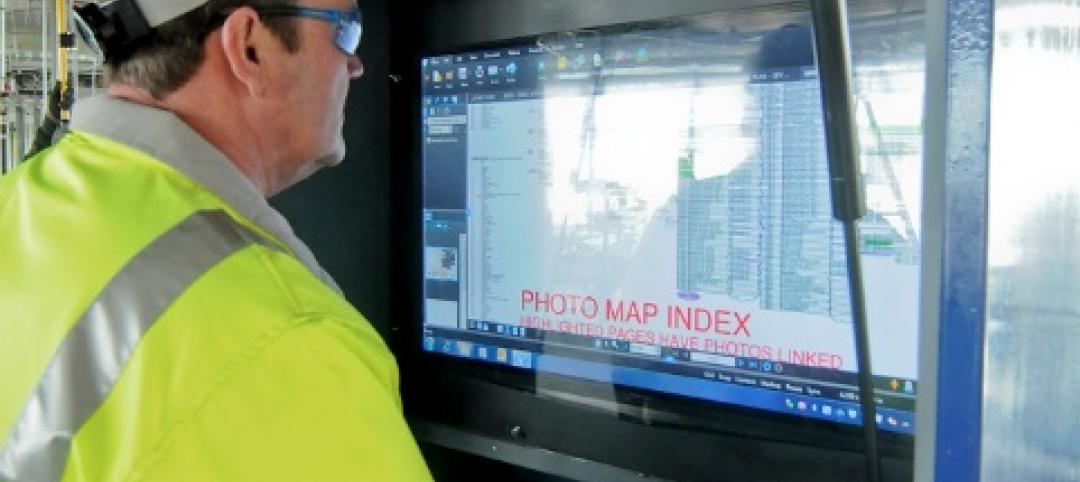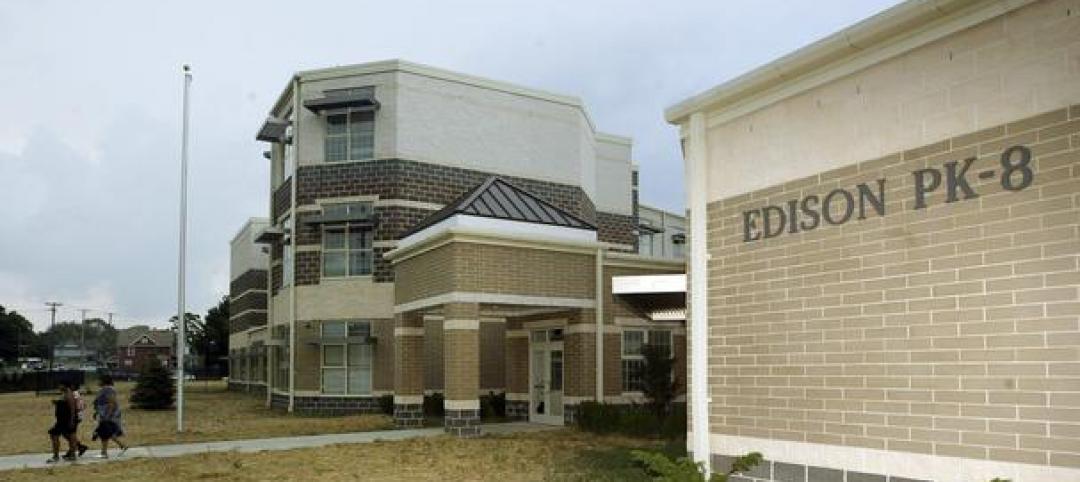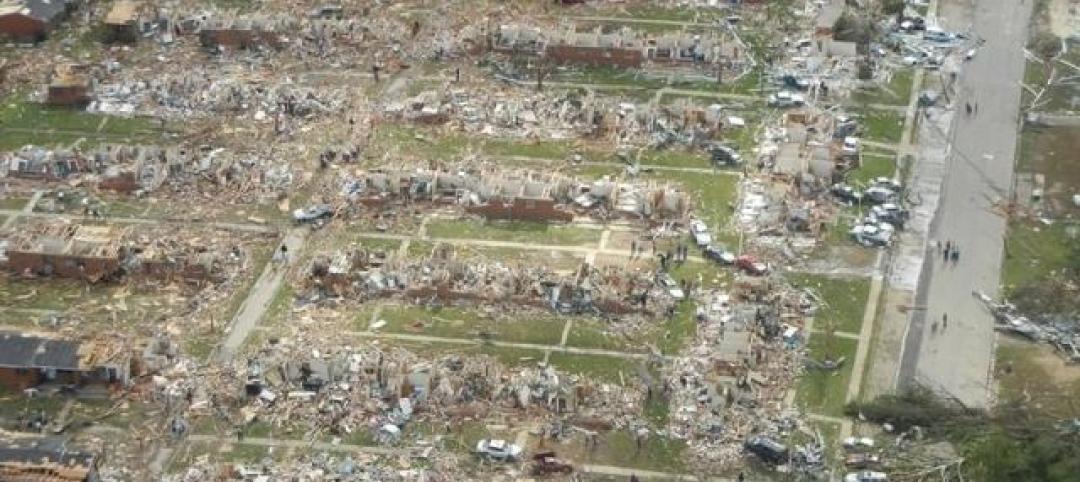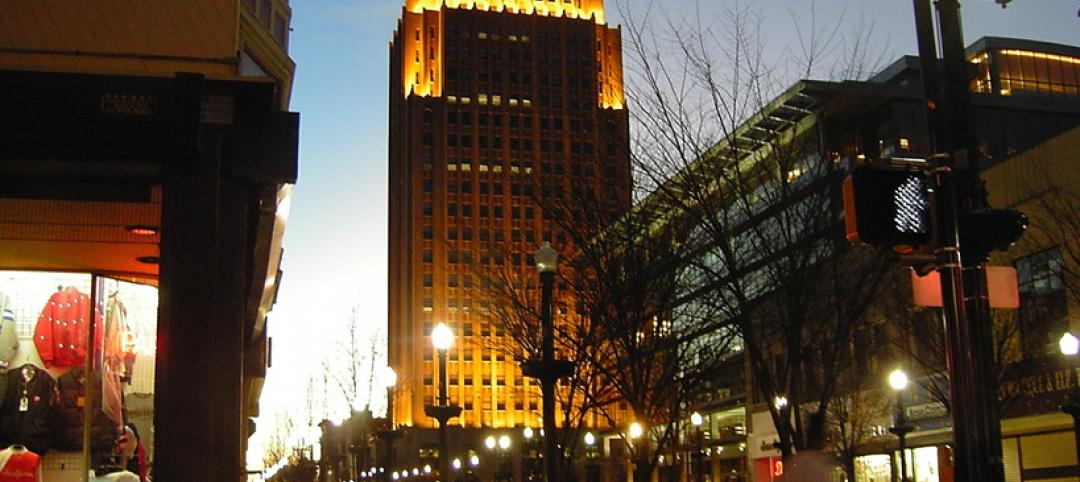As scientists learn more about the COVID-19 virus, opinions are changing on how it is spread from person to person, and that has implications for how to reopen buildings safely.
Emphasis to date on protocols for reopening buildings has focused on surface cleaning and occupant density. But, if as some scientists suspect, the virus can live for at least three hours in aerosols—tiny particles that can be carried through the air for long distances—HVAC systems could play a key role in spreading the virus. There are opposing views on whether aerosols actually can transmit the virus, but if they do, then ventilation systems could spread the virus through unfiltered re-circulation of indoor air.
In April, ASHRAE addressed the issue of possible aerosol transmission with recommendations that include:
· Maintain a relative humidity of 40% to 60% inside buildings instead of the usual 20% to 40%.
· Install air filters rated at least at MERV-13.
· Minimize re-circulation of indoor air, and bring in outside air either by mechanical means or by opening windows.
The humidity recommendation was made because higher humidity makes aerosols heavier, causing them to drop to the floor faster. ASHRAE has also recommended that the intake of outside air be set to the highest level permitted by the mechanical equipment. Some specialists recommend a full re-commissioning process for reopening buildings.
Related Stories
| Dec 22, 2011
Federal home weatherization program has impacted 6.8 million homes
More than 6.8 million homes have been weatherized using federal, state, utility, and other funds under the American Recovery and Reinvestment Act.
| Dec 22, 2011
Group developing BIM data standards
A collaboration among Georgia Tech’s Digital Building Lab, the Precast Concrete Institute, the American Concrete Institute, and the American Institute of Steel Construction aims to develop global standards for transportation of three-dimensional digital models among fabricator, architecture, engineering, and construction groups.
| Dec 22, 2011
New green code spells out thermal requirement for roof retrofits
The 2012 International Green Construction Code (IgCC) includes a straightforward approach to minimum thermal requirements for roof and wall systems.
| Dec 22, 2011
AGC’s safety conference Jan. 11-13 in San Antonio
The Associated General Contractors of America’s national meeting for safety and health professionals will take place Jan. 11-13, 2012 in San Antonio, TX.
| Dec 22, 2011
Proposed New York City zoning revamp encourages rooftop solar and wind energy
New zoning regulation proposals to make it easier for building owners in New York City to make their structures more sustainable have entered the public approval process.
| Dec 15, 2011
Dayton, Ohio schools saving $2.6 million annually by building to LEED
On average, green schools save about $100,000 a year on operating costs, including energy and water savings.
| Dec 15, 2011
Building to LEED standards can pose new risks for construction workers
Workers on these projects suffer a 24% increase in falls to lower levels during roof work, which researchers attributed to the installation of solar panels, and a few other risks.
| Dec 15, 2011
NRDC charges Maine governor with weakening green wood requirement
The FSC program is administered through the Leadership in Energy and Environmental Design (LEED) and requires wood to be harvested in a sustainable way.
| Dec 15, 2011
Post-tornado, Tuscaloosa seeks to create walkable urban, retail areas
Block sizes initially were limited to a maximum perimeter of 1,750 feet, with no side of the block being longer than 500 feet.
| Dec 15, 2011
Allentown, Pa. city council asked to repeal union-friendly law
The mayor of Allentown, Pa. asked the City Council to repeal a year-old ordinance that forces contractors to hire union workers for large city projects funded with state and federal dollars.


